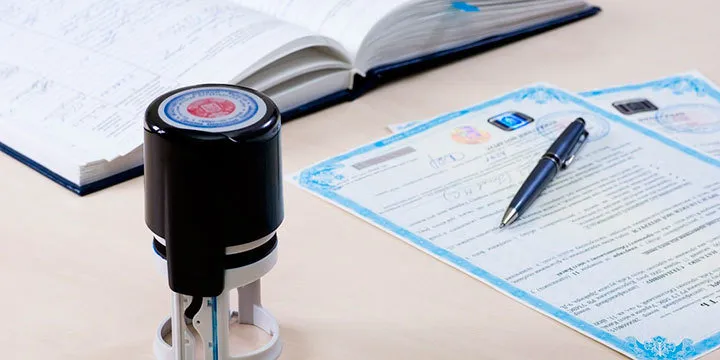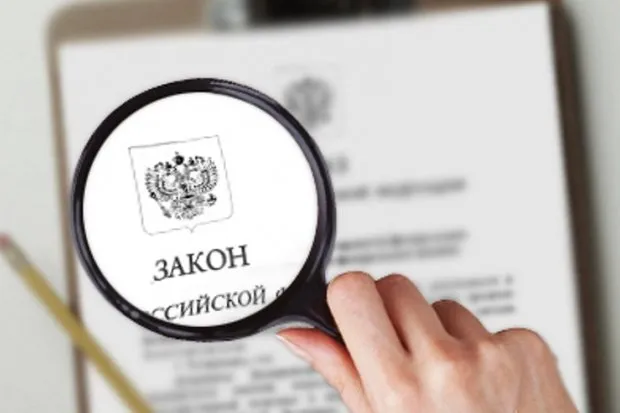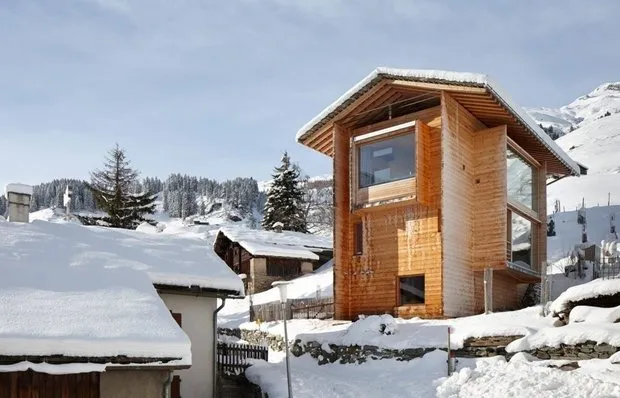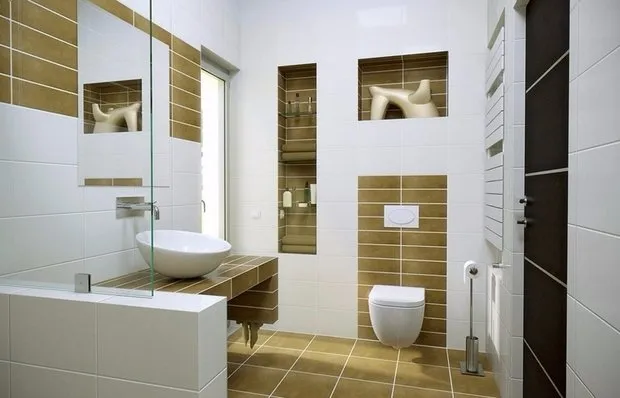New Law on Real Estate Registration: All Details
Since January 1, 2017, a new law on real estate registration has come into effect. What new changes await all apartment and house owners, and are there any hidden pitfalls? We explain today.
Since 2017, a new law regulating real estate registration has come into force. It is promised that as a result of these innovations, a mechanism will be launched to simplify the process of registering ownership. We decided to explore the nuances and tell you about the main changes that came into effect on January 1.
1. The Unified State Register of Real Estate (EGRN) is created
What does this provide? Starting from January 1, an extract from the EGRN will be the primary document confirming a citizen's right of ownership over real estate. As a result, the EGRN will include: cadastre and cadastral maps, register of rights, accounting books and registry files, and a register of boundaries (including territories with special use).

2. Simplified Document Submission
Starting from January, documents for registering rights and conducting cadastre accounting of real estate objects can be submitted at any branch of Rosreestr or MFC, regardless of where the real estate object is located.
Documents for completing the required procedure can be submitted in paper form: personally or by mail to Rosreestr authorities, using the services of a multi-functional center, or to an authorized person. Electronic document submission is also possible: through the Rosreestr website or the corresponding government services portal.
 NEW! Ask a question and get a free consultation from a lawyer on issues related to reconfigurations, real estate, and housing rights.
NEW! Ask a question and get a free consultation from a lawyer on issues related to reconfigurations, real estate, and housing rights.3. Reduced Processing Time
Processing times are shortened: when an application is submitted to Rosreestr, cadastre accounting and registration of rights will be completed simultaneously within 10 days. In case only one of the services is needed – either registration of rights or cadastre accounting – it will take about 5 days. This period will be extended by 2 working days for cadastre and 4 days for state registration of rights, if information is submitted not directly but through an MFC.

4. Transaction History Will Be Available
Real estate objects will now have a history: previously entered data will not be deleted, all versions of changes and corrections to the registry will be stored in the EGRN. The data can be obtained in one extract. A new service has been introduced – courier delivery of documents.

5. Registered Rights May Still Be Disputed
Our registry will continue to maintain the condition that registered rights can be disputed. Unfortunately, there is no situation where a registered right is truly an objectively existing and undisputable right. Therefore, one still needs to rely on it cautiously in civil circulation with regard to disputability.

6. Conditions for Compensation Will Be Defined
The new law describes the conditions for one-time compensation to a property owner who, due to objective reasons, cannot reclaim it from a good-faith buyer. This payment will be funded from federal budget funds and cannot exceed 1 million rubles.
At the same time, the law does not fully resolve the issue of liability. The affected party must first spend a long time searching for the appropriate compensator through court proceedings. Only in case of a court ruling stating that compensation cannot be obtained from third parties, can one expect compensation from the state.

7. Suspension Periods for Right Registration Will Be Extended
The procedures for cadastre accounting and state registration of rights may be suspended for three months by a state registrar's decision, or six months initiated by the applicant. Among grounds for suspension are failure to provide documents requested by the registration authority in inter-agency inquiries.

While preparing this article, the editorial team used information from Vedomosti.ru
Need a renovation specialist?
Find verified professionals for any repair or construction job. Post your request and get offers from local experts.
You may also like
More articles:
 11 Green Antidepressants for City Residents
11 Green Antidepressants for City Residents How to Choose Material for House Facade Cladding
How to Choose Material for House Facade Cladding 5 Best Layout Options for Bathroom in Standard Panel House
5 Best Layout Options for Bathroom in Standard Panel House 10 Things to Get Rid of Right Now
10 Things to Get Rid of Right Now 4 Ways to Transfer Apartment Ownership to Another Person
4 Ways to Transfer Apartment Ownership to Another Person 6 Ways to Make Ironing More Pleasant
6 Ways to Make Ironing More Pleasant How to Check and Reduce Property Tax
How to Check and Reduce Property Tax How to Make the Layout of a Standard Apartment Comfortable? Recommendations from Professionals
How to Make the Layout of a Standard Apartment Comfortable? Recommendations from Professionals